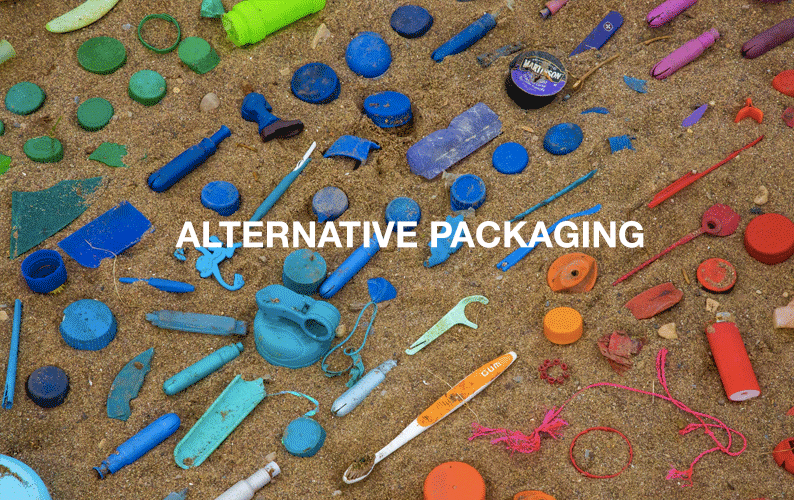Alternative Packaging
31 Jul, 2020 12:00 AM / by Quek Leng Chuang
Are biodegradable plastics more sustainable? What we need to know about alternative packaging materials.
Plastic bags, food packaging or shipping materials: More and more businesses already switched to biodegradable packaging/compostable/bio-based packaging materials. They have a “greener” image and customers see them as an environmentally friendly alternative. So, we could just replace all single use plastics that are made from fossil fuels with biodegradable plastics or whatever it is called. Sounds like a great solution, right?
It is not that easy. If we just switch from plastics made from fossil fuels to biodegradable plastics, new problems emerge. The last thing we want to do is to solve one problem and create another.
Biodegradable plastic vs bio-based plastic vs compostable plastic?
Biodegradable plastic is often mistaken with compostable plastic. Whilst both kinds of plastics degrade faster than conventional plastic made from fossil fuels, compostable plastic can actually be composted. Biodegradable plastic needs specific circumstances in order to decompose into water, carbon dioxide and biomass.
Biodegradable plastic is often not always sourced from natural resources, it can also be made from fossil fuels! Biodegradable only means that the plastic can decompose but does not specify the raw materials from which it is made. There are different kinds of biodegradable plastics, e.g. oxo-degradable plastic which contains metal ions that decompose the plastic when it gets in contact with sunlight.
Bio-based plastics are fully or partly made from materials such as potato starch or sugar cane. However, this does not specify how fast and if they degrade in the natural environment.
This shows that there is not only one but a full array of new plastic packaging developments. But how do they benefit the environment, if at all?
Issues about new plastic packaging
Many people think that it is not dangerous if they just throw biodegradable plastic into the environment. It is biodegradable anyway, why should it harm animals or plants? But biodegradable plastic takes much longer to rot than an apple or a banana. Imogen Napper and Richard Thompson from the University of Plymouth showed that under different environmental circumstances – in seawater, in the ground or under plain air, biodegradable plastic bags take a long time to decompose. Even after three years, they could still use the bags for grocery shopping.
This means that those plastic items can be equally dangerous for the natural environment as “normal” plastic bags in the meantime!
Oxo-degradable plastic degrades faster, but into micro-plastic – which has consequences for the natural environment that are still not fully known!
Therefore, scientists do not recommend the use of those alternatives as they do not show significant advantages in comparison with plastic packaging material.
They are even more difficult to recycle! As some of them do not show the same chemical structure as plastic from fossil fuels, they cannot be recycled together with them. Therefore, this plastic packaging is sorted out at recycling facilities for plastic packaging and usually just ends up in a waste incineration plant.
Potential for new plastic alternatives
Biodegradable plastic alternatives therefore cause the same environmental problems as conventional plastics and cannot be seen as a more sustainable alternative to those! Our mindset and our way of thinking stay the same – we would replace single-use plastics with single-use biodegradable plastic. However, this puts unnecessary strain on our recycling and incineration systems. A more sustainable solution are reusable packaging materials e.g. glass deposit bottles or refillable packaging. This does not only contribute to decreasing quantities of waste, but also changes the mindset from a throwaway culture towards a society that uses materials in the most sustainable way possible, aiming for circular rather than linear economic solutions.
We see it as important to communicate appropriately about their use, reuse and recycling and to be conscious about the different kinds of alternative plastic packaging as well as its pros and cons.
When using biobased plastics, it is important also to trace back the raw materials they were sourced from. As mentioned, they consist of raw materials like corn and potato starch or sugarcane that should in first hand serve human consumption. If we now produce greater amounts of plastic with them, this puts a strain on natural resources and food supply. It is therefore crucial to rather use residues than the actually edible part of the agricultural product itself. Only this way, biobased plastic can be sustainable also from a social point of view. Moreover, organic agriculture contributes to a lower environmental impact during the production process of the plastic.
All in all, alternative plastic will certainly have its application in the future regarding the fact that we might run out of fossil fuels sooner than expected. Today, we already have to search for alternatives with a lower carbon impact. Plastic still cannot be replaced with other materials for many applications e.g. in the medical realm or for electric appliances. New materials can help to replace plastics if needed. However, it is crucial to be conscious about advantages and disadvantages of bio-based, biodegradable and compostable plastic. Also, we need to develop proper recycling structures for alternative forms of plastics in order to facilitate their use and reuse in a circular economy system.
Currently, these are not in place in Singapore yet and any plastic that is not recycled (4%), is actually incinerated. This is one of the reasons why we developed a new service – Plastic to NewOil to bring waste plastics that otherwise would have been incinerated a second life. Via a chemical recycling process called pyrolysis, we produce NewOil from waste plastics. So as you plan (and it may take a while) to replace plastic waste, recycle them properly in the meantime.
Find out more about how we give plastics of any kind a second life here. If your company generates or uses a lot of plastic that would otherwise be discarded, get in touch with us today.
Topics: Carbon Neutrality, Carbon Offset, Corporate Social Responsbility, Environmental Offset, Packaging Waste, Reimagining Sustainability, Sustainability in Singapore
Written by Quek Leng Chuang
LengChuang is a chemical engineer and an expert in carbonomics. He is the founder and owner of Environmental Solutions (Asia) Pte Ltd.

